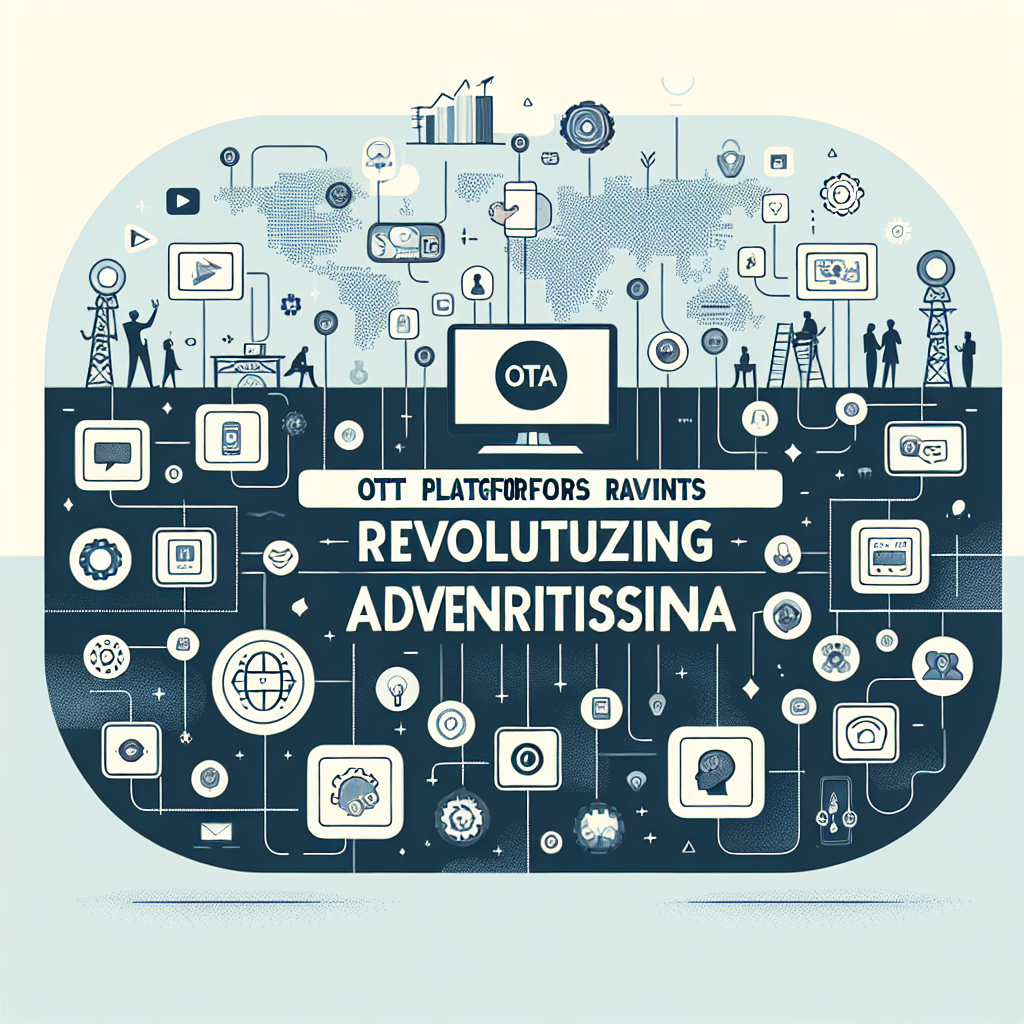Culture of Experimentation in Media Teams
Three weeks ago, I observed Michael, a media planning director at a major automotive brand, conducting what he called a post-mortem meeting for a failed social media campaign. Instead of the typical finger-pointing session, his team was energetically discussing what they had learned about audience behavior patterns and creative resonance factors. Michael had transformed a $200,000 campaign failure into a comprehensive learning document that would inform future strategy decisions. His team treated the failed experiment as valuable intelligence rather than a career setback, demonstrating how cultural shifts can transform organizational approaches to media innovation. This experience highlighted the critical importance of building experimentation cultures that value learning outcomes over perfect execution.
The evolution from intuition-driven to data-driven media planning represents one of the most significant transformations in modern marketing. However, many organizations struggle to bridge the gap between having access to data and developing systematic approaches to learning from it. Building a culture of experimentation requires fundamental shifts in how teams approach failure, success, and knowledge creation.
Research from the Harvard Business Review indicates that companies with strong experimentation cultures achieve 2.3 times higher revenue growth and 1.7 times better customer retention compared to organizations that rely primarily on experience-based decision making. The key differentiator lies not in the sophistication of testing tools but in the cultural frameworks that govern how teams approach uncertainty and learning.
1. Test Hypotheses, Not Hunches
The foundation of effective experimentation culture lies in transforming gut instincts into testable hypotheses. This shift requires teams to articulate their assumptions explicitly, define measurable success criteria, and establish clear testing methodologies before launching any initiative.
Hypothesis-driven thinking begins with structured problem identification. Rather than pursuing ideas because they feel right, teams must articulate the specific business problem being addressed, the proposed solution, and the expected outcomes. This process forces clarity about what success looks like and creates accountability for learning outcomes regardless of campaign performance.
Effective hypothesis development follows scientific methodology principles. Teams must identify dependent and independent variables, establish control groups, and define statistical significance thresholds. This rigor ensures that learning outcomes can be trusted and applied to future decisions. Companies like Amazon have institutionalized hypothesis-driven approaches through their working backwards methodology, where teams must articulate expected customer benefits before beginning any new initiative.
The transition from hunches to hypotheses requires training and support systems. Teams need education in basic statistical concepts, access to testing tools, and frameworks for translating business intuition into measurable predictions. The most successful organizations invest in analytics training while providing templates and guidelines that make hypothesis development accessible to non-technical team members.
Documentation becomes critical in hypothesis-driven cultures. Teams must record their assumptions, testing approaches, and outcomes in formats that enable organizational learning. This creates institutional memory that prevents repeating failed experiments while building confidence in successful approaches.
2. Celebrate Learnings, Not Just Wins
Traditional media organizations often create cultures where only successful campaigns receive recognition, inadvertently discouraging the risk-taking necessary for innovation. Transforming this dynamic requires deliberate cultural interventions that reward learning outcomes independent of campaign performance.
Recognition systems must acknowledge valuable negative results alongside positive outcomes. Failed experiments that generate clear insights about audience behavior, creative effectiveness, or platform performance should receive similar recognition to successful campaigns. This approach encourages teams to pursue ambitious experiments rather than safe approaches that minimize learning potential.
Learning celebration requires systematic approaches to knowledge capture and sharing. Teams should document insights from every experiment, regardless of outcome, and create regular forums for sharing discoveries across the organization. Many companies implement monthly learning sessions where teams present insights from both successful and failed experiments, creating peer recognition for valuable discoveries.
The most effective learning cultures establish clear criteria for valuable negative results. Not all failures generate useful insights, so teams must distinguish between well-designed experiments that produce unexpected outcomes and poorly executed initiatives that fail due to operational issues. This distinction ensures that learning celebration focuses on genuine discovery rather than consolation prizes for poor performance.
Measuring learning outcomes requires new metrics beyond traditional campaign performance indicators. Organizations should track the number of hypotheses tested, insights generated, and behavioral patterns discovered. These learning metrics should receive equal weight with performance metrics in team evaluations and organizational reporting.
3. Keep a Test and Learn Tracker
Systematic knowledge management represents the operational foundation of experimentation culture. Without structured approaches to capturing and organizing learning outcomes, valuable insights remain trapped in individual experiences rather than becoming organizational assets.
Test and learn tracking systems must capture multiple dimensions of experimental outcomes including audience insights, creative learnings, platform performance patterns, and technical discoveries. The most effective trackers organize information by hypothesis categories, enabling teams to identify patterns across multiple experiments and build cumulative knowledge over time.
Accessibility remains critical for tracker effectiveness. Learning databases must be searchable, regularly updated, and integrated into planning processes. Teams should consult historical learnings during campaign development and contribute new insights immediately following experiment completion. This integration ensures that tracking systems become valuable working tools rather than administrative burdens.
The tracker structure should accommodate both quantitative and qualitative insights. While statistical outcomes provide measurable validation, qualitative observations about audience behavior, creative resonance, and platform dynamics often generate the most valuable strategic insights. Effective systems capture both types of learning in formats that support future decision making.
Regular review processes ensure that tracked learnings influence future strategy development. Teams should conduct monthly reviews of accumulated insights, identifying patterns that suggest broader strategic implications or opportunities for deeper investigation. This systematic review process transforms individual experiment outcomes into organizational intelligence.
Case Study: Coca-Cola's Global Learning Network
Coca-Cola implemented their Global Learning Network in 2020 to address the challenge of scaling successful media innovations across diverse markets while avoiding repetition of failed experiments. The system operates as a centralized knowledge platform where regional teams document experiment outcomes and access insights from global testing initiatives.
The network's hypothesis-driven approach requires teams to articulate specific predictions about audience behavior, creative effectiveness, or platform performance before launching any experimental campaign. Each hypothesis includes measurable success criteria and statistical significance thresholds, ensuring that outcomes generate actionable insights regardless of campaign performance.
Learning celebration occurs through monthly regional showcases where teams present insights from both successful and failed experiments. These sessions have generated over 500 documented learnings, including audience behavior patterns, creative format effectiveness insights, and platform-specific optimization strategies. Teams receive recognition for valuable negative results alongside successful campaigns, encouraging ambitious experimentation.
The test and learn tracker captures insights across multiple categories including audience segmentation discoveries, creative format performance patterns, and platform optimization strategies. The system has prevented duplication of 89 failed experiments while accelerating adoption of 156 successful innovations across different markets.
Over two years, the Global Learning Network has contributed to 34% improvement in campaign effectiveness scores and 28% reduction in media waste through better audience targeting and creative optimization. The system demonstrates how systematic learning approaches can generate measurable business impact while building organizational capabilities for future innovation.
Call to Action
Building experimentation cultures requires deliberate leadership commitment to celebrating learning outcomes alongside performance results. Organizations should establish clear frameworks for hypothesis development, implement recognition systems that reward valuable insights from failed experiments, and create systematic approaches to capturing and sharing learning outcomes.
The most successful media teams balance ambitious experimentation with rigorous learning processes, creating environments where failure becomes a source of competitive intelligence rather than career risk. As media complexity continues to accelerate, the organizations that invest in learning cultures will be best positioned to adapt quickly to changing audience behaviors and emerging platform opportunities.
Featured Blogs
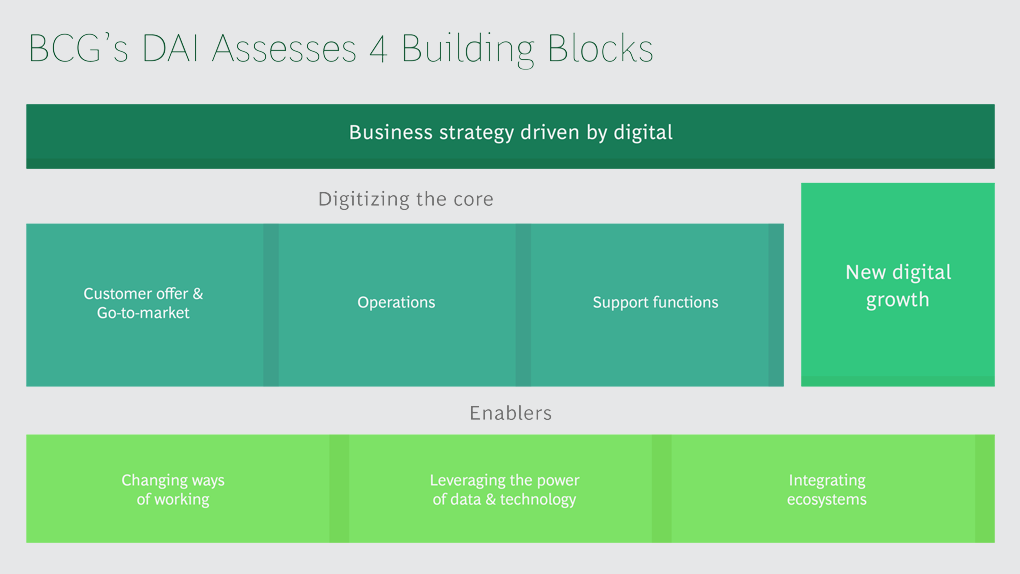
BCG Digital Acceleration Index
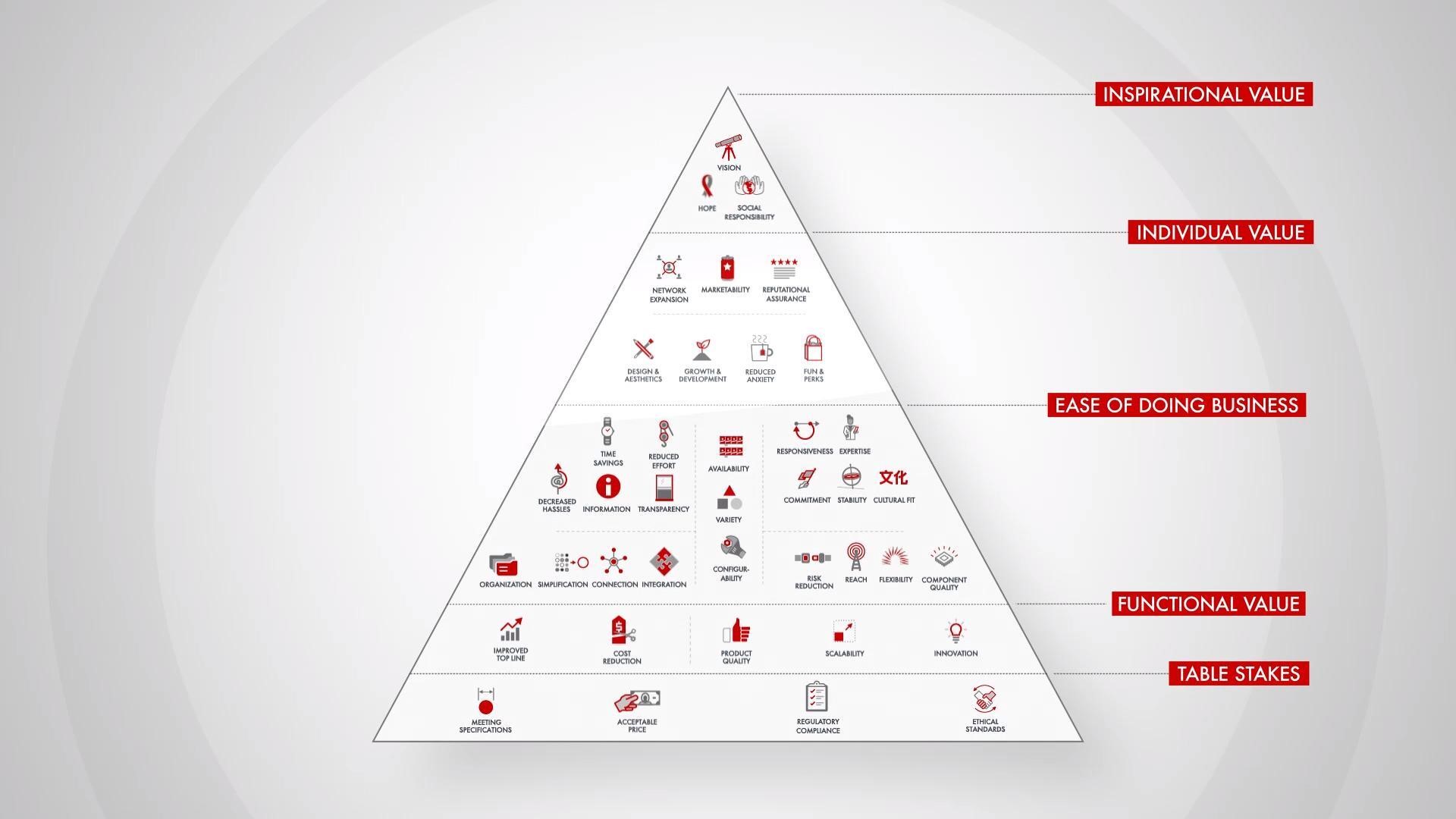
Bain’s Elements of Value Framework
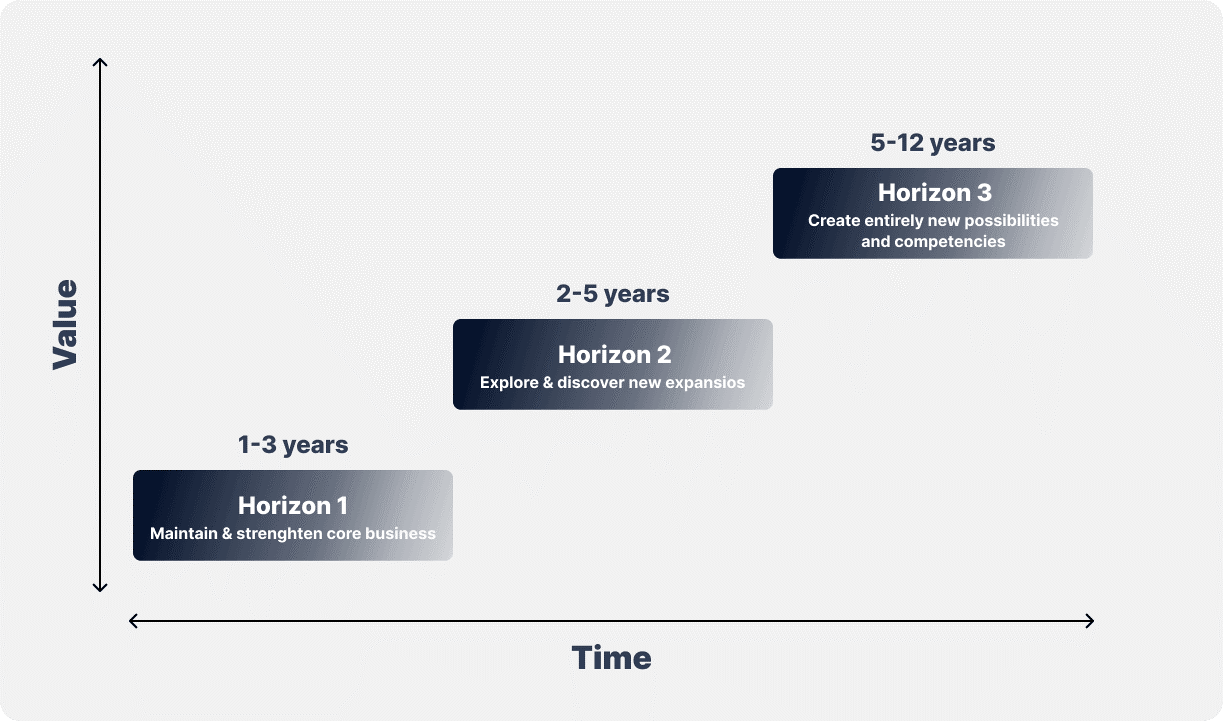
McKinsey Growth Pyramid
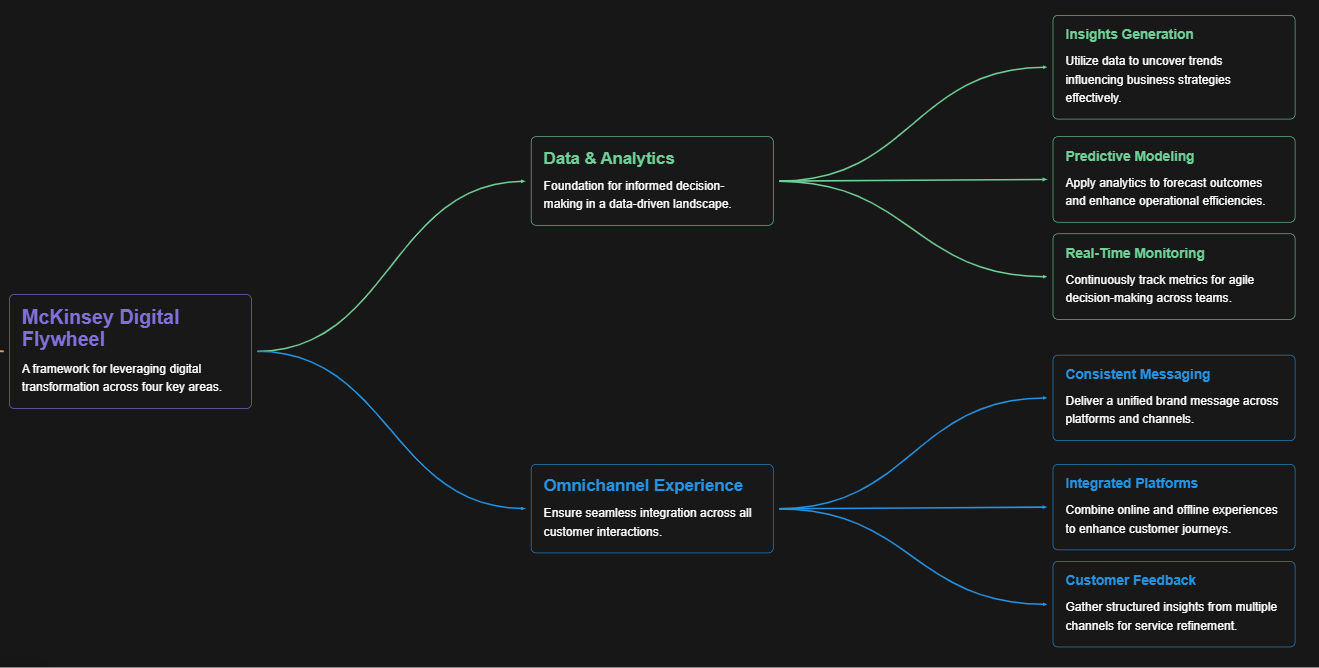
McKinsey Digital Flywheel
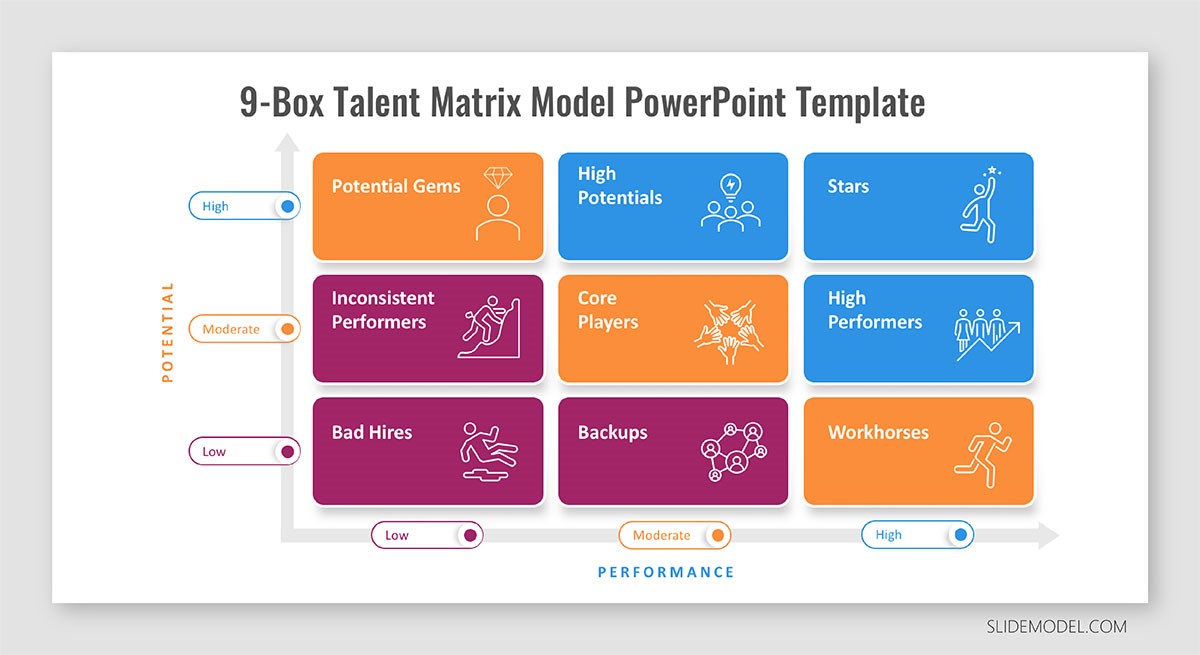
McKinsey 9-Box Talent Matrix
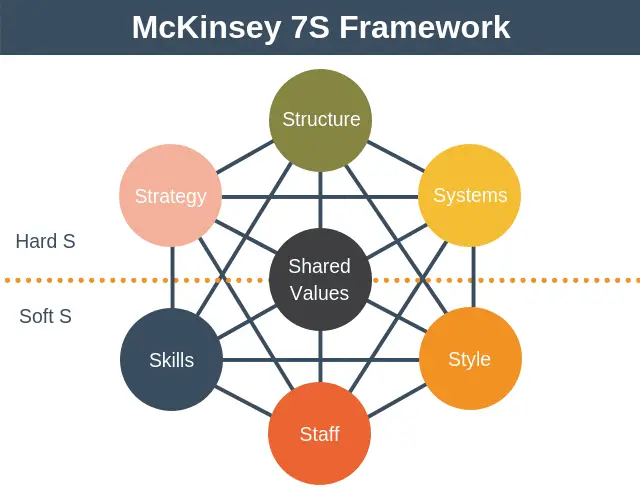
McKinsey 7S Framework
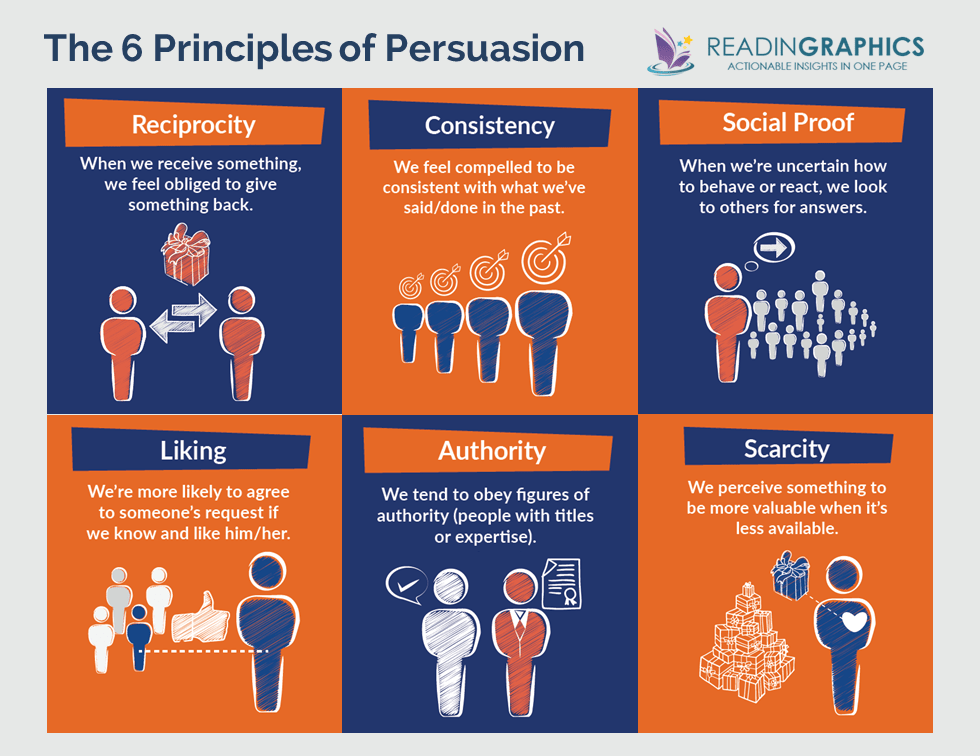
The Psychology of Persuasion in Marketing
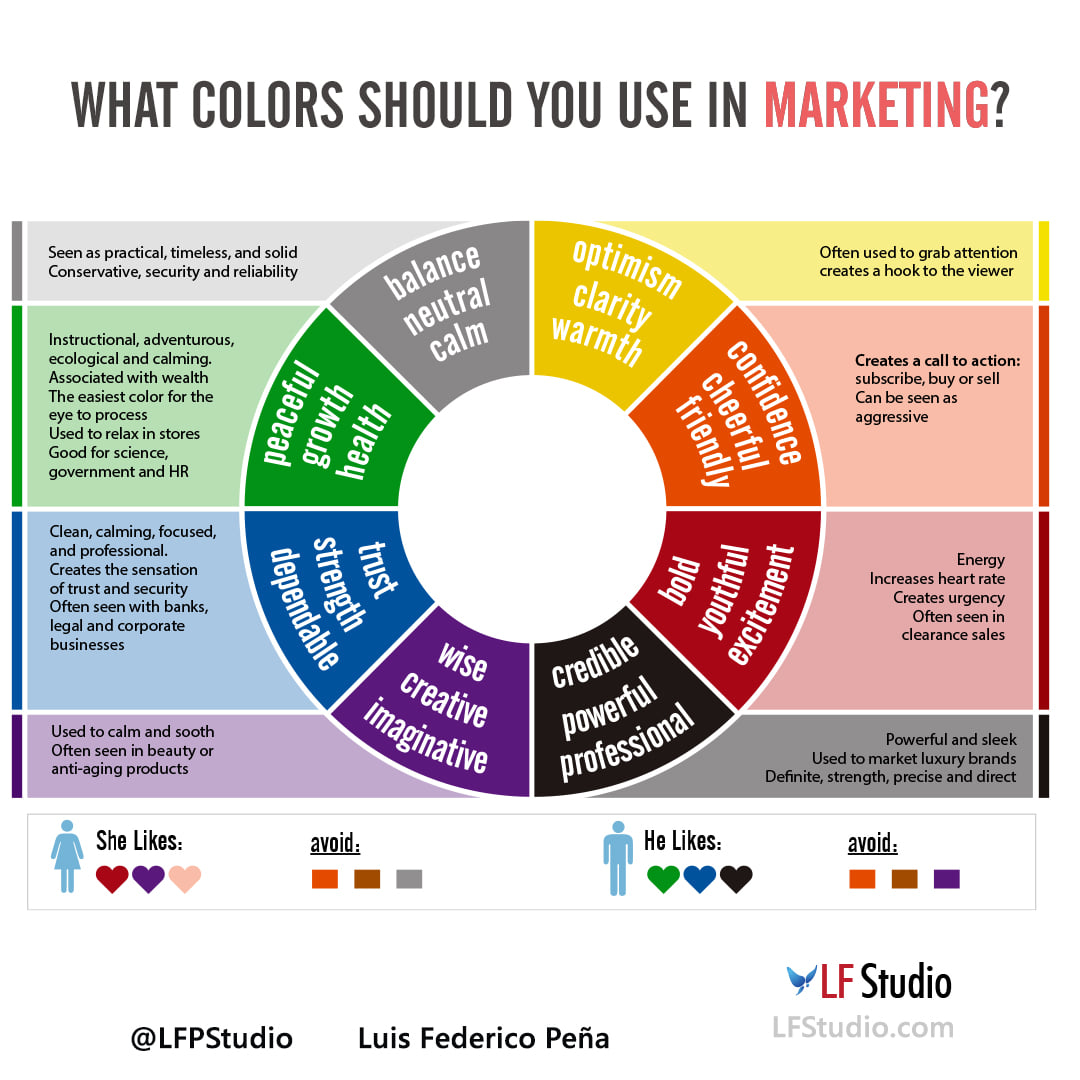
The Influence of Colors on Branding and Marketing Psychology





